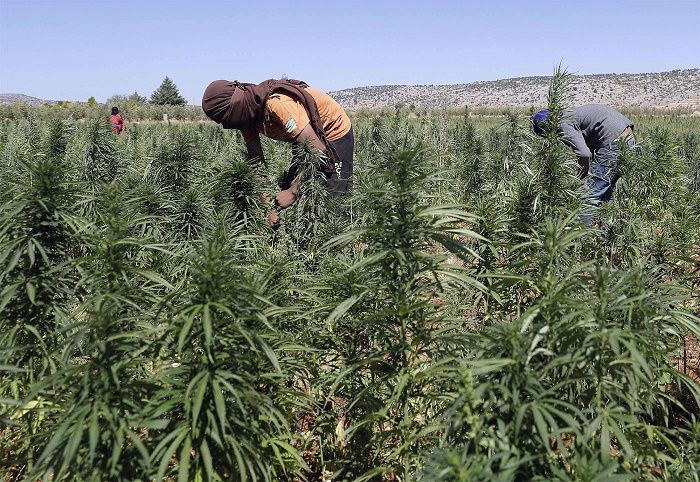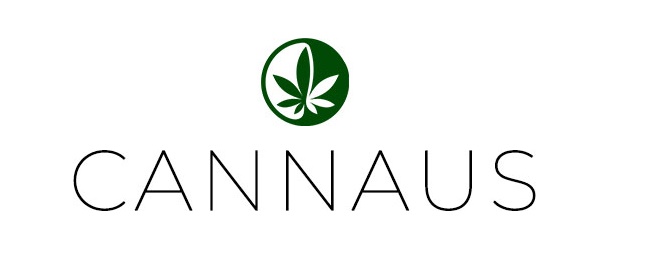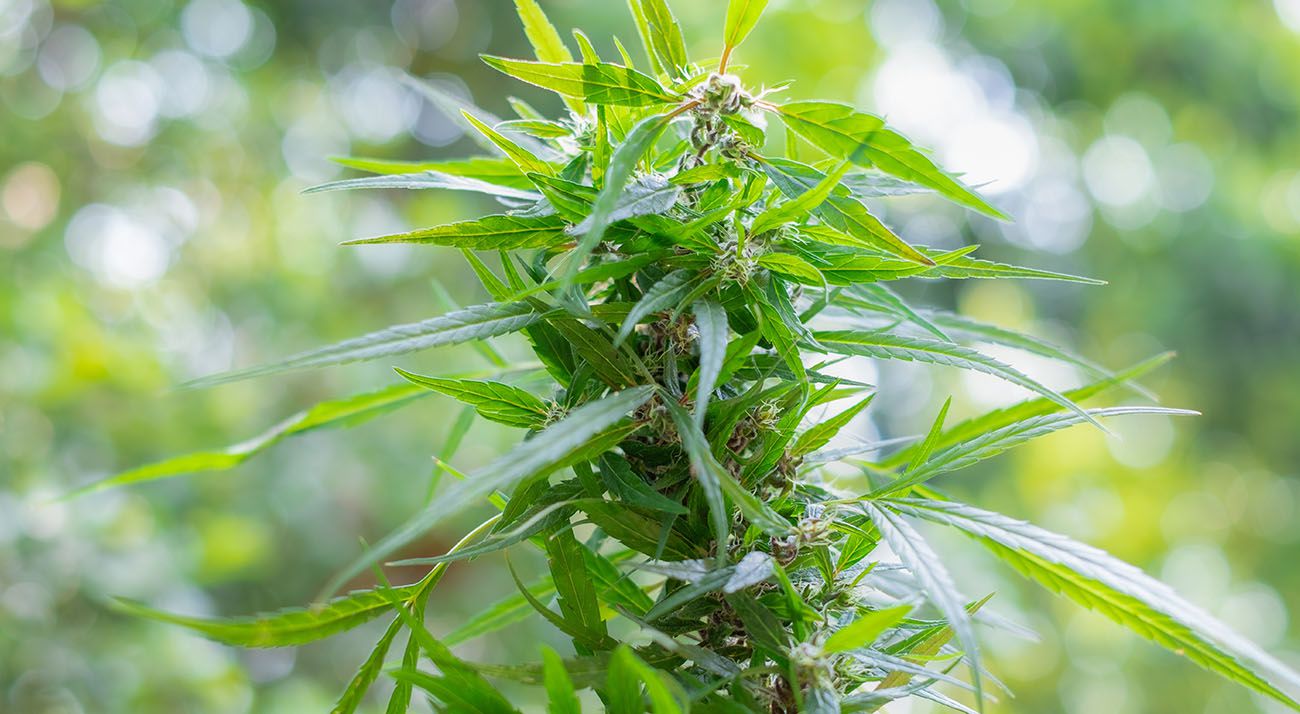The legalisation of cannabis for medical and industrial use is a lifeline for Lebanon, according to experts.
Lebanon legislators first approved a law legalising cannabis for medical and industrial use back in April 2020. The bill passed despite opposition from Hezbollah representatives. Lebanon’s President Michel Aoun and Parliament Speaker Nabih Berri both supported the bill.
Lebanon’s financial woes date back to 1990, which brought an end to a brutal 15-year-long civil war. In 2019, Lebanon faced an unemployment rate of 40% with their central bank recording a liability of over $170 billion. Since October 2019 Lebanon’s currency had lost 78% of its value with Beirut citizens rioting against Hezbollah and the political elite. Then COVID hit.

Although cannabis was previously illegal, Lebanon is responsible for 6% of the global cannabis economy. According to a 2019 report from the United Nations Office on Drugs and Crime, this makes Lebanon the third-largest cannabis exporter.
Lebanon has just 6.8 million citizens and 10,452 square kilometres of land.
Six months later after partial-legalisation, experts have warned the Lebanese government will need to tread carefully going forward.
If cannabis is grown and exported economically, global consultancy company McKinsey believes it can generate up to $1 billion USD in revenue annually. This is 3.67 billion Dh. McKinsey recommended the legalisation of cannabis in Lebanon in 2018 after the country hired the firm to prepare an economic revitalization plan.
Correct taxation and regulations will be required to turn cannabis into a net positive for Lebanon, according to Firas Maksad – a policy analyst and professor at George Washington University.
Maksad also told The National the legalisation is more politically complicated than it may seem.
Hezbollah took a principled position against (cannabis) given the party’s claimed Islamic credentials, but it practically signalled to its allies that they can vote for the legislation.
The majority of Lebanon’s cannabis is grown illicitly in the Bekaa Valley, a region in the east of the country. Hezbollah is said to have a strong presence in the region.
Under the new legislation, the government will be the primary provider of exported cannabis. Although licenses are obtainable, locals fear they will not benefit farmers as a currently-unspecified THC potency restriction will be in place. Lebanon’s wild cannabis contains 18% THC (cannabis’s psychoactive component).
Lebanon is the first Arab country to legalise the growing of cannabis.








